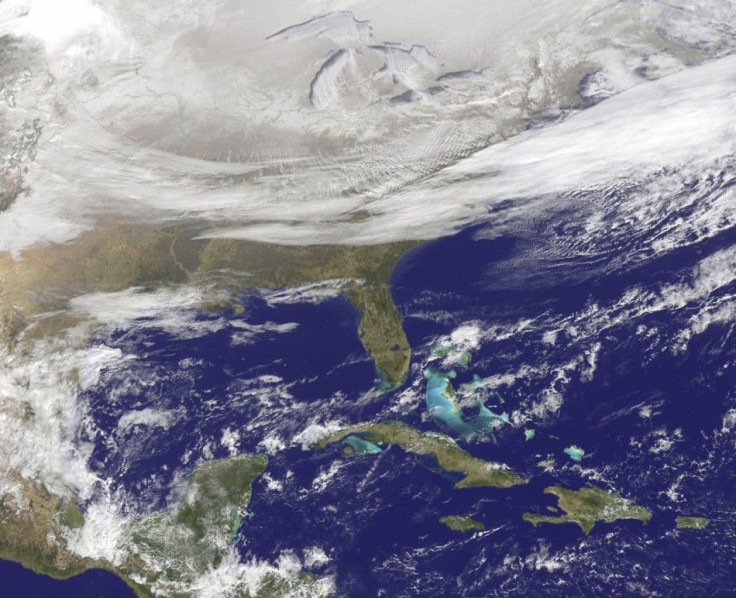Canada Sends Intelligence Team To Guard Arctic As Russia Strengthens Military Capabilities

Canada's military has been discovered regularly sending out an intelligence team to the North pole during yearly Arctic exercises, in what it claims are measures against possible spying, terrorism and sabotage. On Tuesday, Russia announced it will beef up its military presence in the Arctic, as well as in Crimea and Kaliningrad region.
Documents sourced by the Canadian Press revealed the program has been sending out the intelligence team every year since 2008. Wesley Wark, a University of Ottawa professor and one the country's leading experts on intelligence, told Canadian Press he finds the program unusual because guarding against such threats at home is usually the job left either to the Canadian Security Intelligence Service or the RCMP. That part of the Arctic exercise, according to Capt Travis Smyth, is highly essential, noting the military intelligence branch has "a legal responsibility to protect the Forces."
Documents showed the counter-intelligence team was deployed to the area to "detect, identify and mitigate the threats of espionage, terrorism, sabotage and subversion" against Canadian military, its personnel, equipment and infrastructure. Their focus was on "direct threats" within the "immediate area of operations." The area has a few hundred regular and reserve force soldiers as well as a handful of warships in empty inlets.
The document listed "issue-based" domestic extremism, described as people or groups opposed to development in the North, as potential threats in the Arctic. Foreign jihadists were considered a remote possibility.
Meantime on Tuesday, Russia announced it will beef up its military capabilities in the Arctic, as well as in Crimea and the Kaliningrad region in 2015. Specifically in the Arctic, Russia plans to rebuild an additional 10 military airfields that will enable the country protect its interests in the region, more specifically potential energy resources, against possible Danish, Norwegian, Canadian and U.S. claims.
Moscow has actually began constructing 10 Arctic search-and-rescue stations, 16 deep-water ports, 13 airfields and 10 air-defence radar stations across its portion of the Arctic coast. It likewise established a Joint Strategic Command North (JSCN), believed to eventually become a fifth military district that will patrol the region. The Polish Institute of International Affairs (PISM) had earlier said the JSCN will have a naval infantry brigade, an air defence division, an Arctic mechanized brigade, a coastal missile defence system, and missile regiments to outlying archipelagos in the Arctic Ocean.






